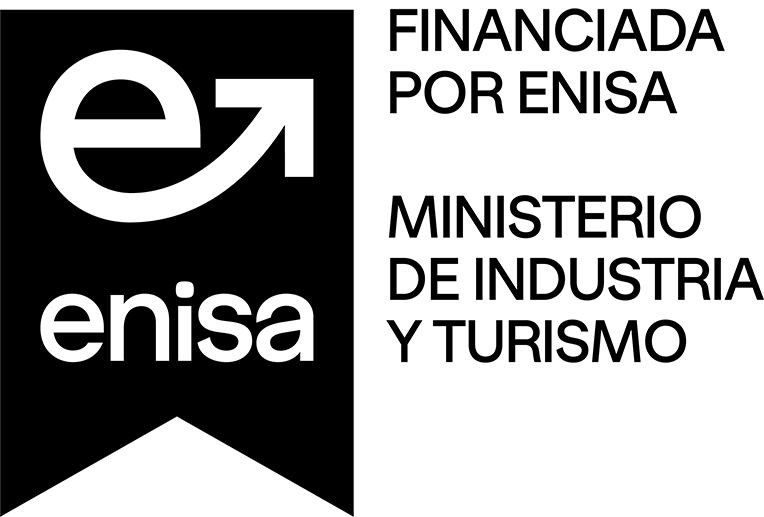From Risk to Opportunity: How Adapting to Climate Change Redefines Corporate Strategies

Managing corporate risks effectively means considering adaptation to climate change as an unavoidable priority. If 2024 made clear the urgency to act, 2025 begins with a perspective that reinforces the need to integrate adaptation plans as a key lever for organizational resilience.
2024 climate records
Last year marked a historic milestone: temperatures exceeded the threshold of 1.5°C compared to pre-industrial levels, according to the European Union's Copernicus program. Unfortunately, in Spain, we don't have to look back too far to remember the catastrophic effects that extreme weather events can leave behind. The DANA that hit the Spanish Levant in October, driven by a Mediterranean with record temperatures, left more than 220 fatalities and an unprecedented economic impact.
To measure the magnitude of the problem, it is enough to compare: after the floods in Bilbao in 1983, the Insurance Compensation Consortium granted compensation that, adjusted to current prices, would be around 1 billion euros. In contrast, the estimates for the recent DANA already exceed 4 billion euros in compensation for more than 240,000 claims.
Globally, the economic cost associated with the effects of climate change has doubled in the last 20 years. However, far from reinforcing mitigation strategies, 2025 has started with decisions that have had a profound impact on the fight against climate change.
The regression of global climate policy
On its first day in office, the Trump administration announced the withdrawal of the United States from the Paris Agreement for the second time, arguing that climate commitments affect the country's economic growth and industrial competitiveness. This movement has generated a ripple effect in key sectors for the energy transition, causing, among others, the withdrawal of major US banks from initiatives such as Net Zero Banking Alliance.
El Global Risks Report 2025 of the World Economic Forum reflects this situation: extreme weather events are the second most severe global risk in the short term and the first in the medium term (next two and ten years, respectively).
And the reality is that the uncertainty It is what seems to govern the global climate policy. On the one hand, in the European Union, energy policy with a focus on renewables is expected to be reinforced with the anticipated Clean Industry Deal, but also a reduction in private sector reporting and management requirements through the “bus regulations”. Meanwhile, in the United States, the picture is still uncertain. Although Trump has promoted his policy of “Drill, baby, drill”, boosting the oil industry, democratic states maintain their commitment to mitigation and adaptation measures. And, paradoxically, republican states have been the main beneficiaries of climate policies of the Inflation Reduction Act (IRA) of the Joe Biden administration.
Adaptation as a business strategy
In this context, adaptation to climate change is not only a priority in risk management, but also a strategic need for any sector. While mitigation is essential to curb long-term impacts, physical risks derived from extreme events require an immediate and proactive response.
Different sectors can benefit from the integration of adaptation plans, which may have a different approach depending on whether the exposure covers climate risks or has a comprehensive approach to risks related to nature. Some examples of proactive management include:
- Insurance industry: The integration of climate risk management into its strategies makes it possible to develop innovative solutions such as parametric insurance, which provide automatic compensation in the event of catastrophic events, or the adoption of responsible subscription policies.
- Infrastructures: Implementing resilient designs that incorporate climate modelling can reduce asset depreciation and avoid revenue losses due to the deactivation of critical infrastructure.
- Agri-food sector: Regenerative agriculture and precision agriculture can mitigate soil erosion and water scarcity, critical factors in a scenario of accelerating climate change.
- sightseeing: Although Spain does not face the same climate challenges as tropical areas, changes in temperature patterns have modified tourist spending. According to BBVA Research, a proactive approach could mitigate a drop of up to 7% in tourist demand in a severe scenario of rising temperatures.
The role of frames of reference and investment in adaptation
Sectors with high exposure to climate and natural risks can benefit from the use of reference frameworks such as Taskforce on Nature-related Financial Disclosures (TNFD), which makes it possible to evaluate dependencies not only on climate change, but also on ecosystem degradation and pollution.
Under a comprehensive approach that contemplates exposure to physical, regulatory and reputational risks, companies can improve their competitive positioning and their capacity to respond to future regulations. It's not just a matter of regulatory compliance, but a business decision with a tangible return on investment.
Studies of the World Resources Institute And of the World Economic Forum estimate that investments in adaptation can generate returns of between 2 and 10 times the capital invested. In contrast, inaction could result in losses of up to 25% of EBITDA of some companies. As stated Paul Polman, former CEO of Unilever, in the Impact Day organized by the Impact Observatory: “The cost of inaction is already greater than that of action”.
If adaptation is not only necessary but economically viable, companies have in their hands the possibility of turning climate challenges into a strategic advantage. In an uncertain future, organizations that adopt a proactive approach will be better prepared to face changes and take advantage of opportunities that arise on the path to a more resilient world.
Opinion forum published in ENCLAVE ODS within THE SPANISH.











